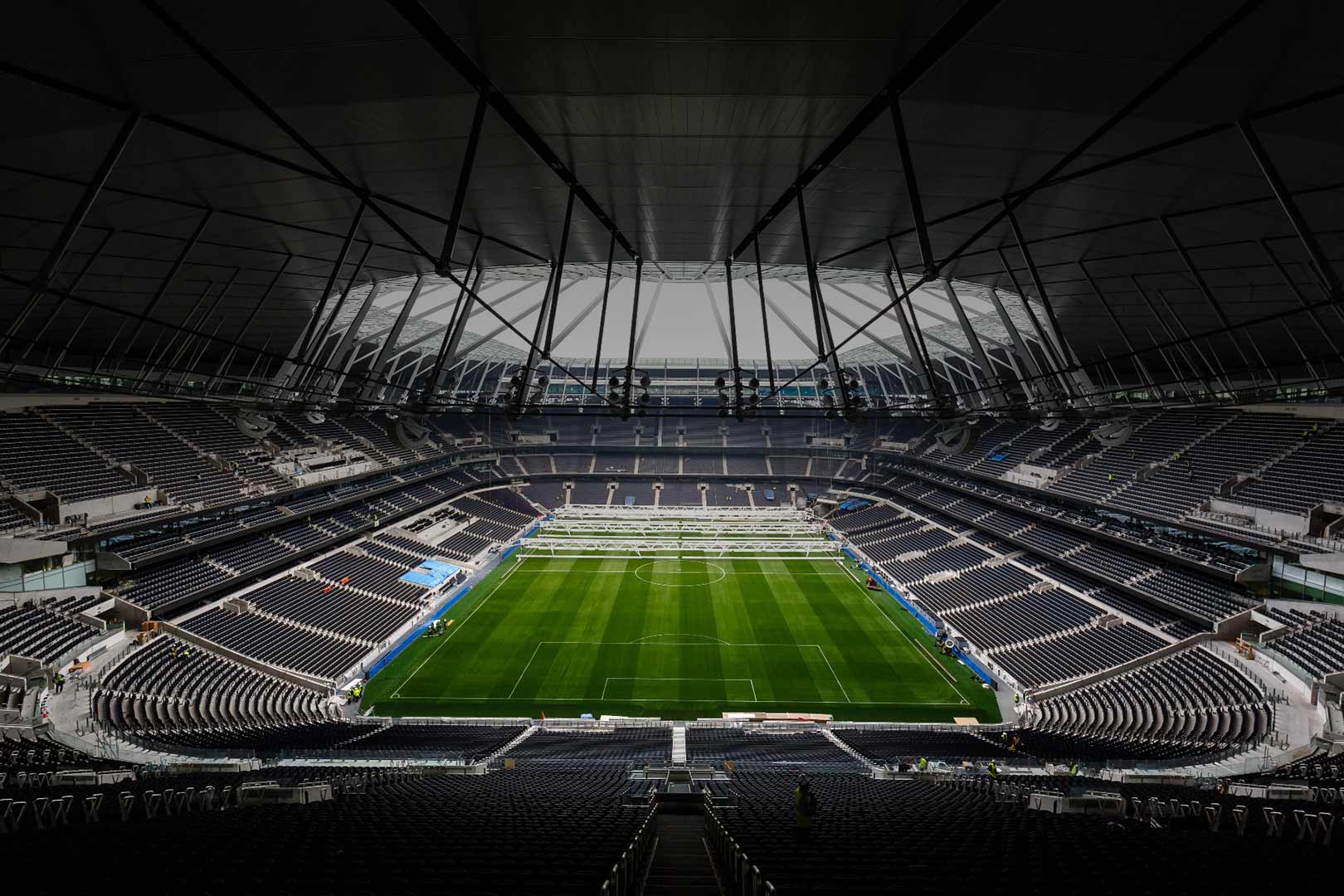Coping with COVID-19
It’s a torrid time for the world of sport at the moment, with events ranging from international competitions to Sunday League being cancelled or postponed for the next few months owing to the effect of COVID-19.
Yet, out of every adversity, comes opportunity. Covid-19 is no different and the potential is boundless in this initial period. If and when the situation further worsens, there will need to be a radically modified approach and tone but for the time being, there is scope for genuine creativity.
Live sport may be cancelled, but the fans’ desire for sports content has just increased in its absence.
With people across the planet increasingly based at home, either through self-isolation or government-imposed quarantine, the amount of time spent on social media is increasing. This is giving power back to the clubs and brands who don’t have access to live footage as it allows them to show off their creative side.
Some 80% of people have changed their daily behaviour owing to the virus, with that number increasing to 90% when focussing on just Gen Zs. However, Millennials have seen the biggest change in social media usage, with 30% heading there more often to keep up-to-date, and this age group has also seen the biggest increase in remote working.
Sport and COVID-19 have been intrinsically linked so far, with many of the discussions online being around sportsmen who have contracted the virus (basketball star Rudy Gobert, Juventus centre back Daniele Rugani and Arsenal manager Mikel Arteta to name but a few). In fact, the only group to have had a larger share of voice over the last seven days, is politicians.
Premier League clubs have already started exploring some alternative and creative ways to increase engagement, not just with their own fans, but with other clubs, as evidenced by Southampton and Manchester City engaging in a friendly game of noughts and crosses on Twitter.
It was an example of the sort of reactive content with which football teams are becoming synonymous, and both clubs earned excellent engagement off the back of them, with the tweets between the two clubs earning over 134k engagements.
Leyton Orient went one stage further and decided they would host a FIFA Ultimate Team tournament between 64 clubs worldwide. All a club had to do was use the hashtag #UltimateQuaranTeam and they were entered. Manchester City were once again involved straight away, but such was the interest from teams globally, that Orient have since increased the size of the tournament to 128 teams, reaching as far as Netherlands, Denmark and even Australia, with either fans or first team players eligible to represent their club.
Unable to compete on the track, Formula 1 drivers have taken to Twitch, the live streaming platform, to host their races instead, seeing huge viewing figures on the platform. You can read more on that in this article from Joe.
The onus now is on clubs and brands to increase their creativity so that they can make a splash in what will become an increasingly busy market. This creativity can be in the form of graphics, a new campaign or even re-purposing old content.
One trend we have seen over the course of the last few years and expect to continue, is historic content really succeeding on platforms such as Facebook and YouTube. Both platforms’ algorithms favour longer-form content, allowing historic matches, races or even fights to be played out in full. Both platforms also offer the opportunity to play new uploads out as live content, which is certainly appealing given the additional boost that will provide the post.
There are so many variations on styles of campaigns now, from Bandersnatch-inspired Twitter thread games, to GOAT votes, and everything in between, these are an excellent way of encouraging fan engagement over an extended period of time.
It is not just brands who can take advantage of the situation, many influencers are using the quarantine to showcase their sporting ability from the comfort of their own home. Soccer AM set up a #HomeTopBinChallenge, while tennis freestyler Stefan Bojic has been showing off his tekkers on a slightly smaller scale to usual.
We know full well the role sport plays in our society, and losing that big a part of us is difficult, but there are many creative solutions that clubs and brands can use to get round it on social media. Through clever thinking and creative strategy, brands and rightsholders can come through this troubling period more positively than previously thought.
However, they also need to be vigilant, self-aware, flexible and respectful as the public health crisis unfolds. What is currently working for football teams in the UK would be a reputational gamble and damaging blunder for an Italian team, considering their current situation and mounting death toll.




